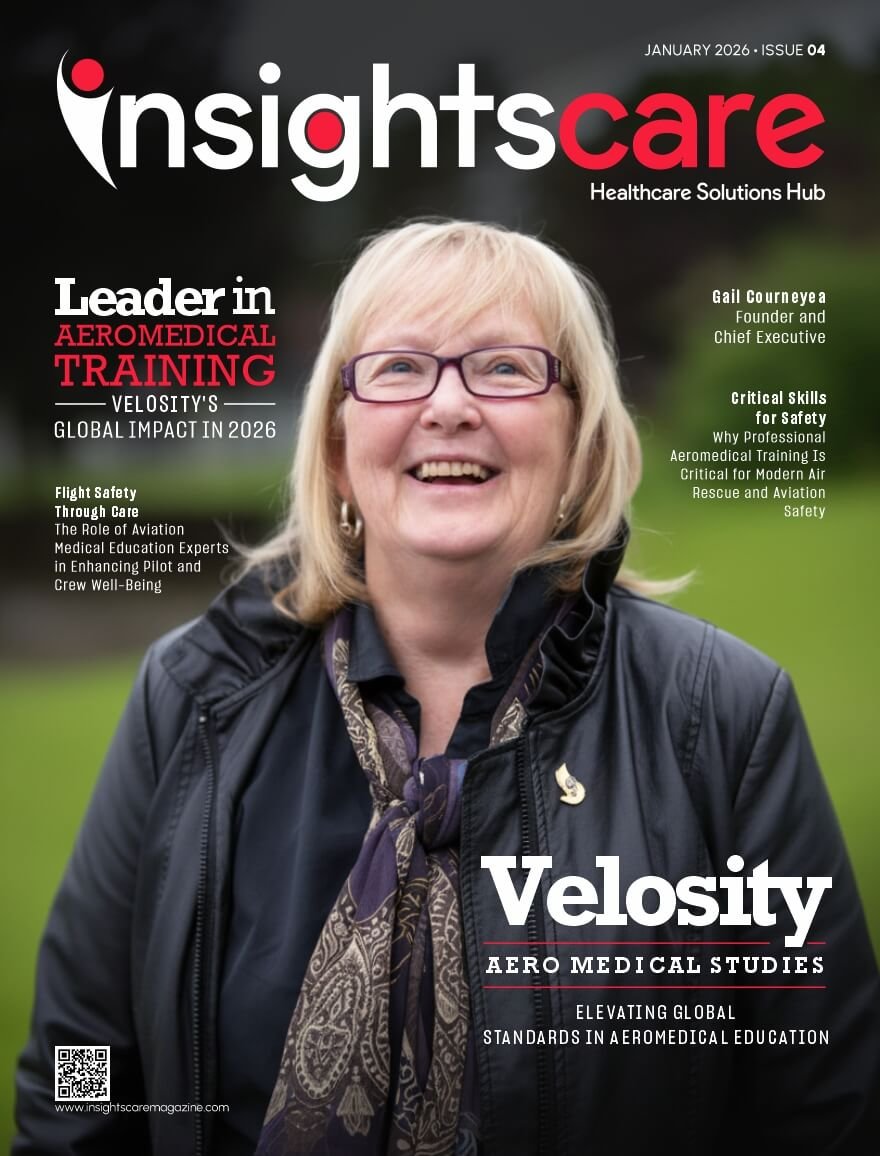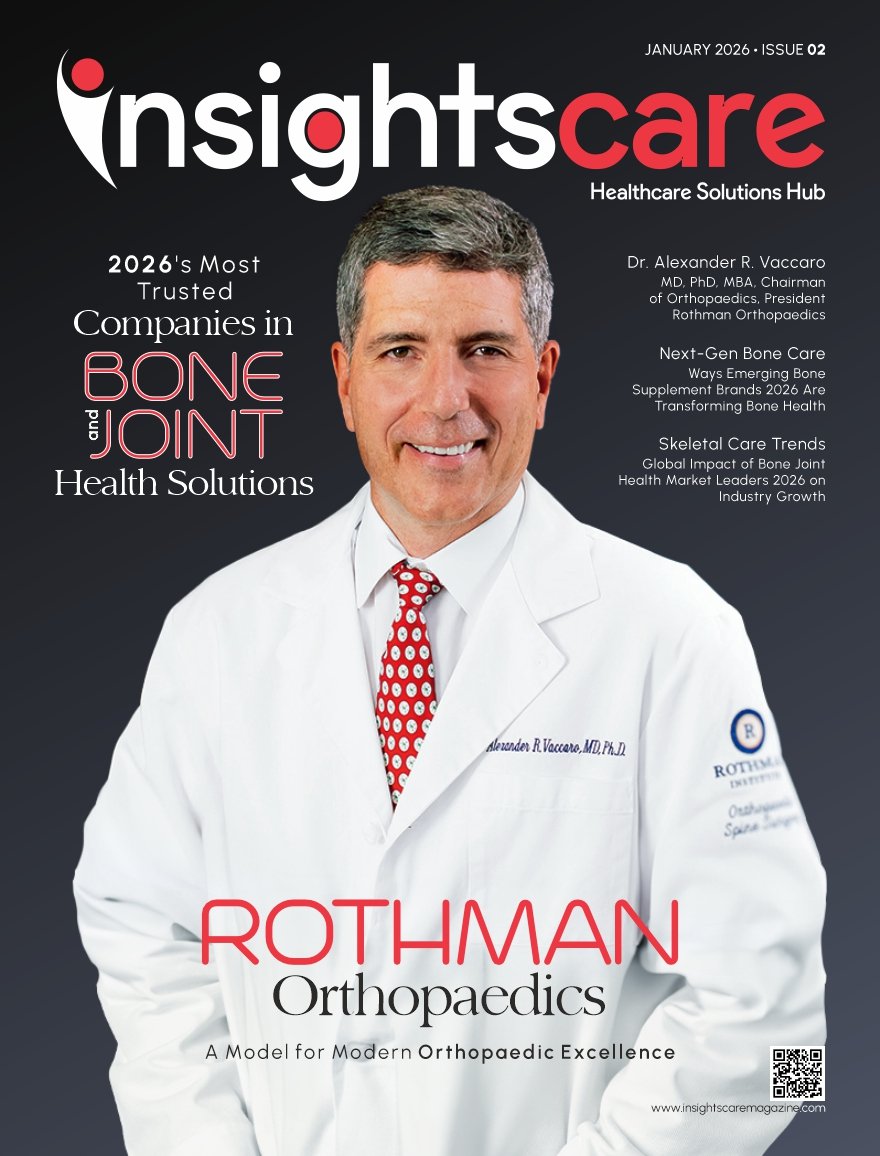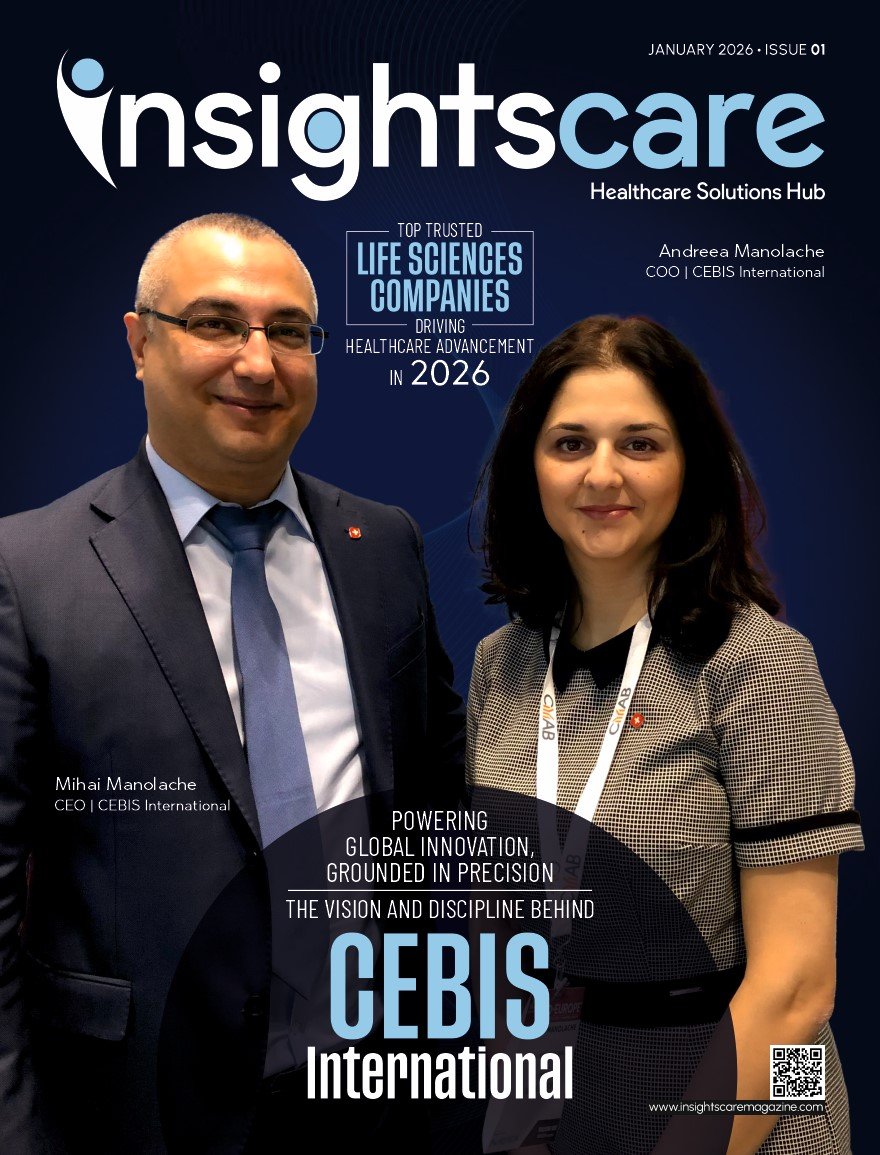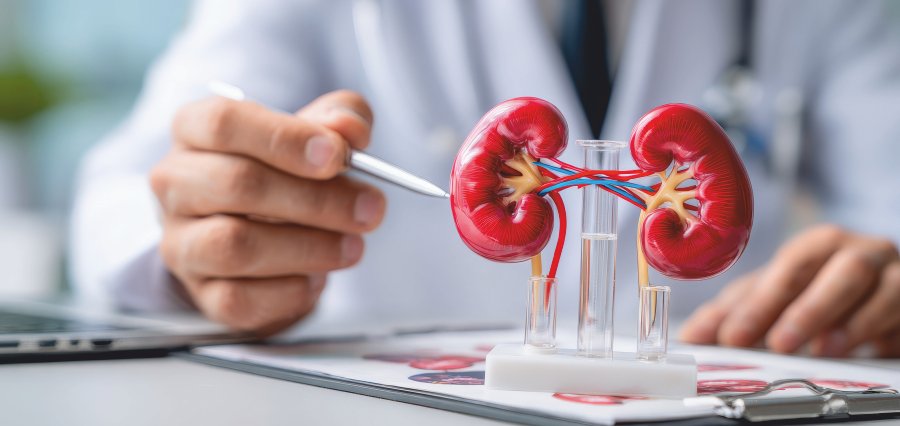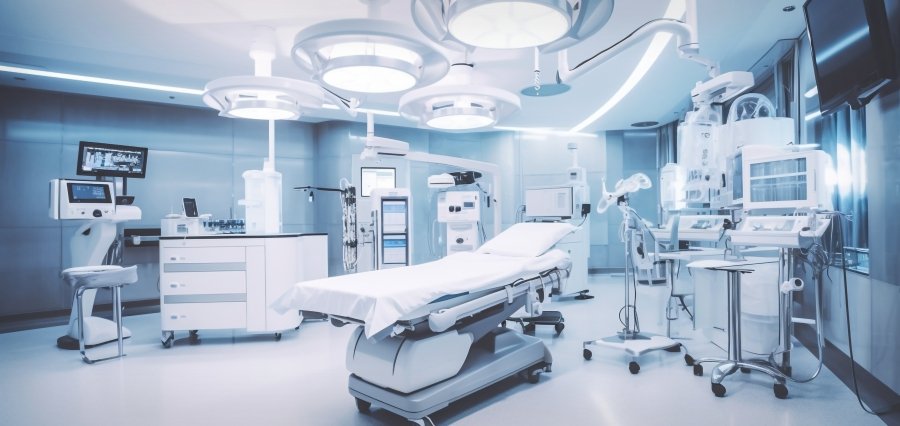Prime Highlights
- WHO specialist group completes that the actual source of COVID-19 is yet to be established.
- Natural spillover as well as laboratory leak possibilities still hold scientifically.
Key Fact
- Experts caution no definitive proof eliminates either possibility.
- Call for more international collaboration and access to information, particularly from China.
Key Background
The most recent report of the World Health Organization’s Scientific Advisory Group on the Origins of Novel Pathogens (SAGO) asserts that COVID-19 is still a matter of debate. Years of research afterwards, the panel is convinced that there is not enough evidence to determine if or not SARS-CoV-2 emerged naturally from animals or was caused by a lab accident.
The zoonotic spillover hypothesis also supposes that the virus would likely have come from bats and, at some point in time, might have passed through an intermediate reservoir animal before causing infection in human beings. This also fits into other infections such as SARS and MERS, where transmission occurred from animals to human beings. Nonetheless, even with vast sampling in the wild, scientists have not been able to find any animal species that were a reservoir of viruses prior to infecting human beings.
The second hypothesis surmises, alternatively, the lab-associated origin hypothesis, surmising a chance leak from a laboratory environment, as from the Wuhan Institute of Virology, that had conducted reported research on coronaviruses. As much as the WHO panel perceives an absence of direct evidence of a lab leak, they keep a feeling that in absence of access to Chinese laboratory records and data, this cannot be ruled out.
The WHO report calls for greater international collaboration, access and transparency to raw data at the beginning of the outbreak. It cautions that it will never know how the pandemic started unless it is given more data, particularly from Chinese authorities. The panel suggests increasing global surveillance, improving biosafety procedures, and funding more research that can provide more insights into the origins of the virus.

